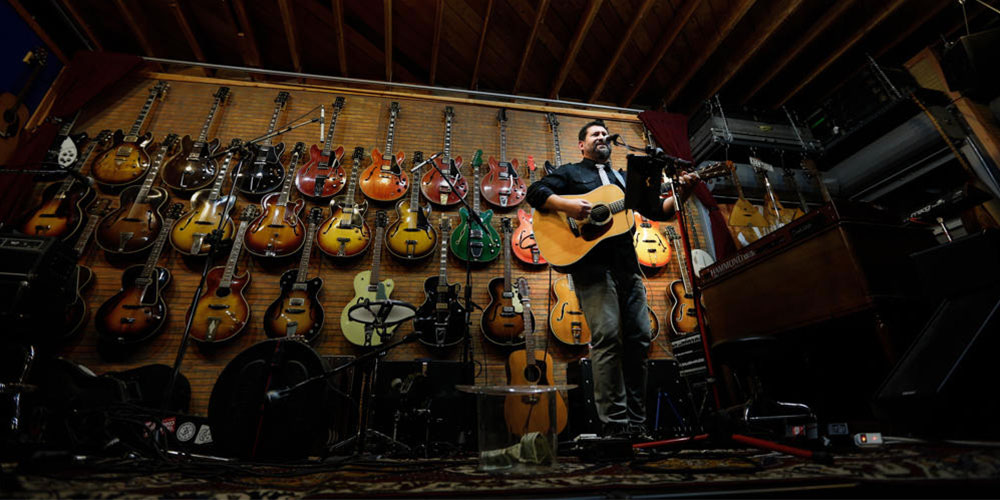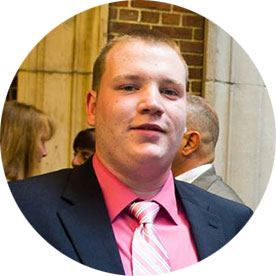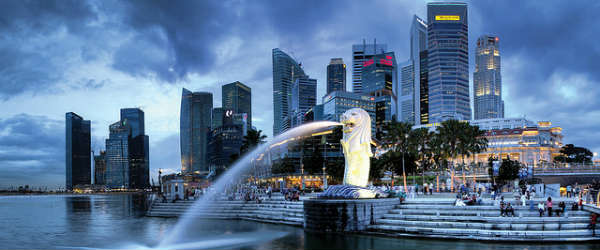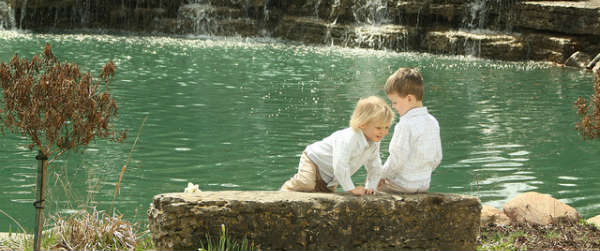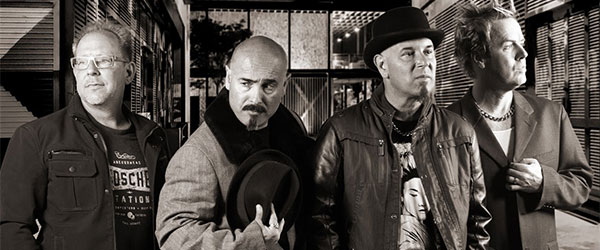Singapore, also known as the Lion City, is becoming one of the hottest urban destinations. As an independent city-state, the tiny nation only ...
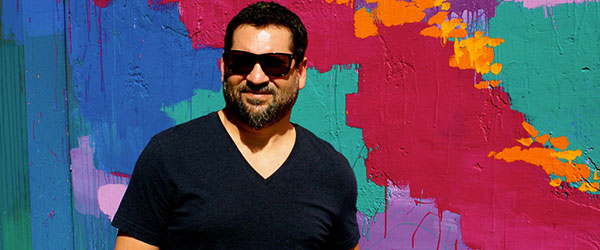
With a storied two decades under his belt as Hollywood’s go-to guitar coach, indie singer-songwriter Carlos Calvo is flipping the traditional script by injecting something fresh into his brand of Alternative Folk that’s been absent from the genre at large: virtuoso guitar playing. Calvo regularly coaches actors to portray musicians on screen; most notably David Duchovny for Californication, Ambyr Childers for Ray Donovan, and David Oyelowo, who played the Muddy Waters character in the film, Who Do You Love.
Before embarking on his solo career, he fronted successful bands that toured with Bob Dylan, Paul Simon and Willie Porter. As a solo artist, he has toured with The Bacon Brothers and Colin Hay and numerous times in Europe as a headliner. Be sure to check out Calvo’s latest and much awaited solo album “Further Down the Line“.
— — —
Mike O’Keefe: Where are you from? Describe your family’s background a little bit.
Carlos Calvo: I’m from Northern New Jersey. That part of [the state] has it’s fair share of immigrants, of which my father was one. So, I’m a first generation [American] — My mom was from Central America, my dad was from Spain. We traveled there very frequently on vacations as a kid. It got me really into the music of Spain and the culture for sure.
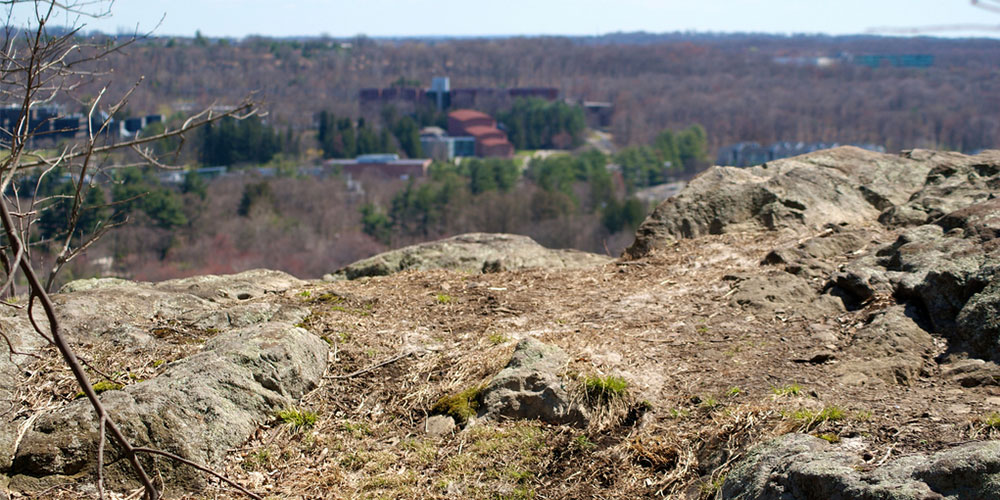 Photo courtesy | Scuba Bear
Photo courtesy | Scuba Bear
MO: That’s awesome. How did you like growing up in Jersey?
CC: I loved it! I thought it was ideal. NJ is great; it’s all small towns, [a lot] of parks and really good public schools. But, most importantly, is the close proximity of New York City let me study music there. It’s really great.
MO: Absolutely. Was getting involved in music something you always wanted to do?
CC: I have no memories of before it. I don’t. I started really, really young — about three and a half [years old]. I actually started playing guitar in Spain. I was with my mom and I had an uncle there and I just bugged him to teach me Beatles songs. It just kind of flipped out. I needed to do it. So, I started really, really early.
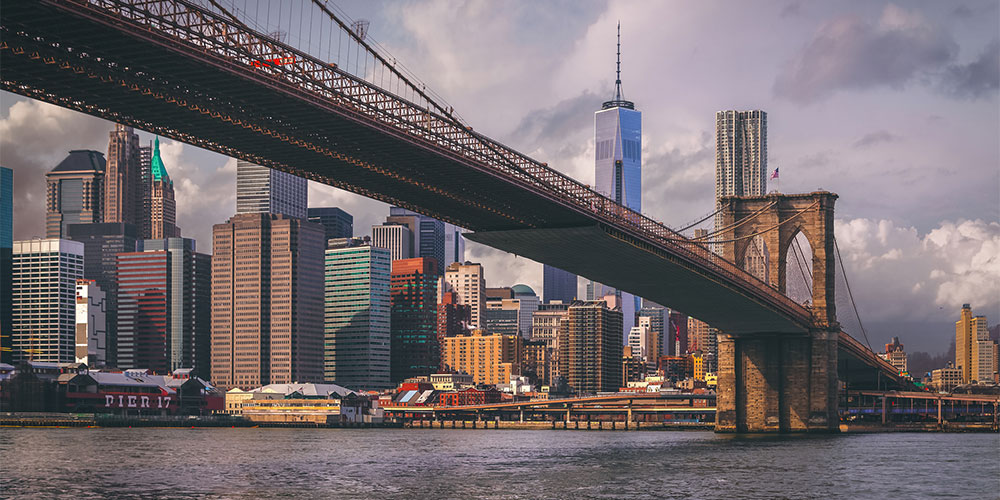 Photo courtesy | Andrés Nieto Porras
Photo courtesy | Andrés Nieto Porras
MO: That’s great to find your groove at such a young age. I saw your picture online playing the guitar at age three. That’s really cool. So, there are many types of sounds and styles of music played on guitars around the world, sounds bread from the surrounding culture, what culture and sound stands out to you? Why?
CC: Coming from that Spanish background and when my parents saw that I was serious about playing, I really wanted to get into some serious lessons, about age seven. My father had some really good connections in the Spanish music scene in NYC. He made a few inquiries and got me an amazing teacher. It’s definitely one of the oldest styles and it has derivatives from the Middle East — the instruments, a lot of those blending sounds. Spanish guitar goes back pretty deep, almost all sting instruments.
MO: How does music bring people together? Does traveling to different countries increase the connection?
CC: That’s a great question. It connects points. It’s a point of intersection. Even when people don’t have a language in common, sometimes that language can be music. It’s sort of the most immediate form of communication for people who wouldn’t normally communicate socially. Music has always been a conduit for bringing people together. Musicians practice in their rooms by themselves, but that’s not the ultimate purpose for music. It’s to be played in front of people. It’s the most democratic thing I could think of.
|
. |
MO: Yeah, even if you don’t speak the language. If it’s good music everyone knows the sound and the feeling that it will bring. That’s cool.
CC: Absolutely. That’s 100-percent right.
MO: What’s the first thing you try and do when visiting a new destination?
CC: The first thing I do is eat something indigenous — eat something local, something really cultural. Food is another one of those democratic things that bring people together. I think food and drink is the greatest insight into any culture. You’ve got to eat, right?
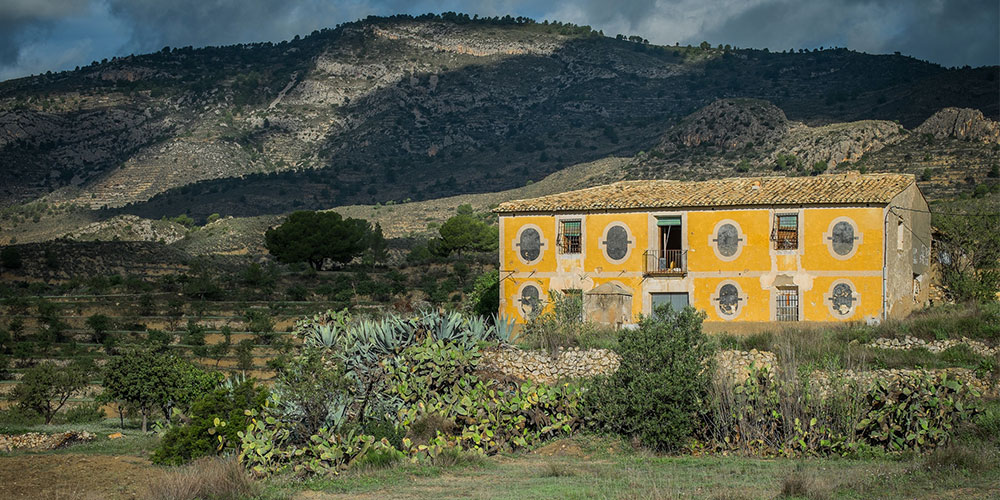 Photo courtesy | Willy Verhulst
Photo courtesy | Willy Verhulst
MO: That’s my favorite thing, finding something that you haven’t had before. You learn something and you’ll never forget that. Even if it’s not good, you can say you had it. Every country has a festival or celebration that stands out. What’s one that you would like to travel to, or a favorite that you’ve already been to?
CC: Well, Spain has hundreds of them. It’s only about festivals. It’s such a great country for that. Every weekend is a party. It’s one village, then the next village and the next village after that. I was in a town in Spain’s wine region last summer where they were running bulls through the streets. We were like, “This is strange, we’re not in Pamplona.” They run the bulls through the streets in over 100 cities in Spain.
MO: That’s insane. I would love to see that.
CC: My favorite festival has to be the Day of Santiago. It’s in a city called Santiago de Composte la in Northern Spain. It’s basically where all these pilgrims come into this amazing city and there is a whole weekend-long feast. It’s kind of Spain’s “Forth of July” in a way. It’s a very, very big national holiday for them. To be in the actually city and festival where it is celebrated is pretty darn cool.
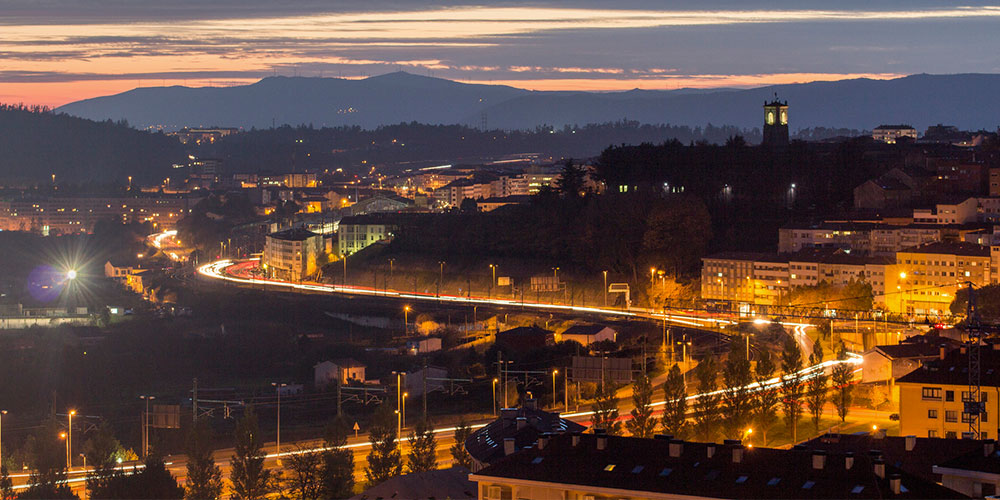 Photo courtesy | Fausto Balles Teros
Photo courtesy | Fausto Balles Teros
MO: Definitely. I actually discovered when you were out in Spain that you did a really long, 500 mile walk with your wife. How was that?
CC: Yeah, it was great. It’s called the Camino de Santiago (known as St. James’s Way). I don’t happen to be a practicing Catholic, but in Catholicism it’s the third holiest pilgrimage after Jerusalem and Rome. It’s been going on since about the eighth century. In the middle ages one out of four Europeans did it. It’s just been an amazing thing through the centuries. We decided to do it in 2008 and are going to do it again in June.
MO: I bet you’re looking forward to that.
CC: Yeah, it’s amazing. You can just unplug and take life at the speed of your own two feet.
MO: What does seeing and experiencing different cultures mean to you?
CC: It means everything. It means growth. I think one of our main purposes is to learn from each other. So, every new culture and new experience is an insight into someone else’s way of life. That’s very important to me.
MO: Everyone has a bucket list. As a musician, what are three destinations that you would like to see and haven’t been to?
CC: That is an awesome question man. I guess South America would be fantastic to visit and play in. I would love to play in Mexico a bit and parts of Europe that I haven’t played in. I played in Germany and Ireland, but it would be nice to get to Great Britain, Italy would be cool too.
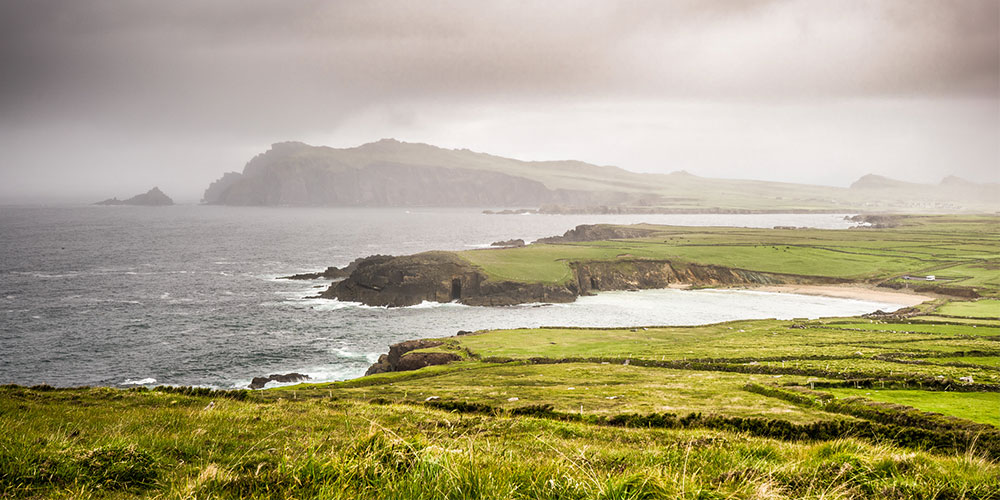 Photo courtesy | Giuseppe Milo
Photo courtesy | Giuseppe Milo
MO: Lastly, I know you mentioned Spain in June, but do you have any other travel plans coming up?
CC: Yeah, that one is going to take about six-seven weeks to do that. Tracking 500 miles takes a little bit of time and money to cover our bills while we’re gone. So, we’re really trying to save our pennies and not do anything too extravagant before June. The focal point of this year is going to be that. Spain’s a really diverse and amazing country. A lot of people have the chance to go to Madrid or Barcelona, they’re amazing cities, but the North is less traveled and perhaps a bit misunderstood. I love it up there. It’s incredible to me.
— — —
For more on Carlos Calvo visit his website:


Discerning travelers take note, this beautiful hotel delivers moder sophistication in spades.
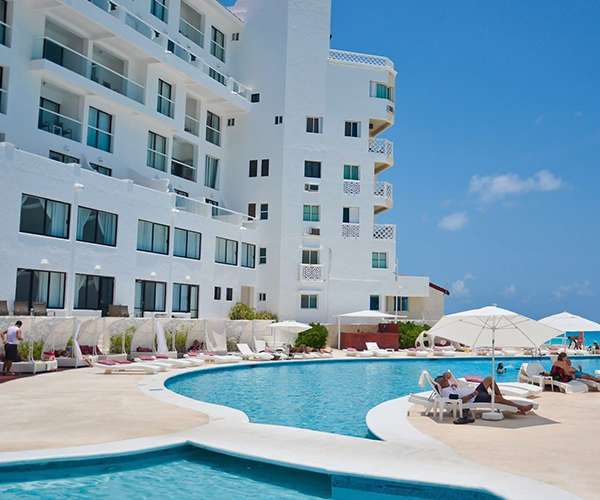

With an infinity pool peering out over Cancun's white-sand beaches and crystal-clear waters, it won't be hard to have fun in the Mexican sun.


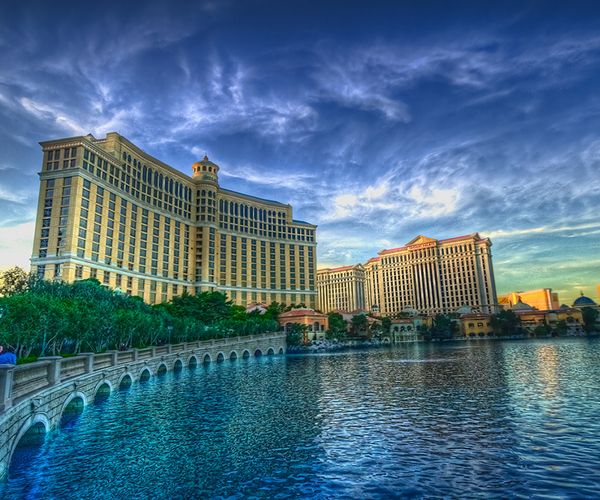

Lavish digs and delectable restaurants line this Vegas staple, and with nightlife in every direction, you can't go wrong staying here.






